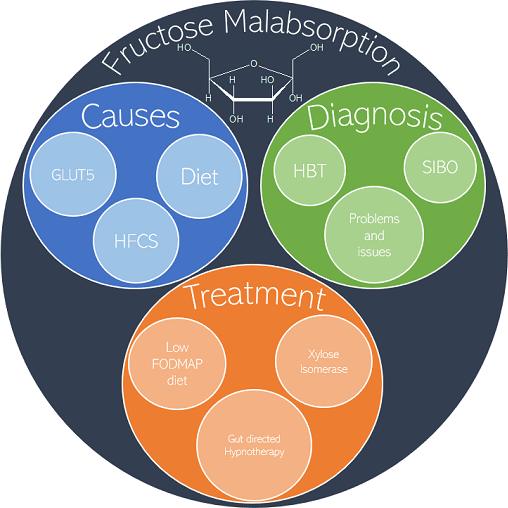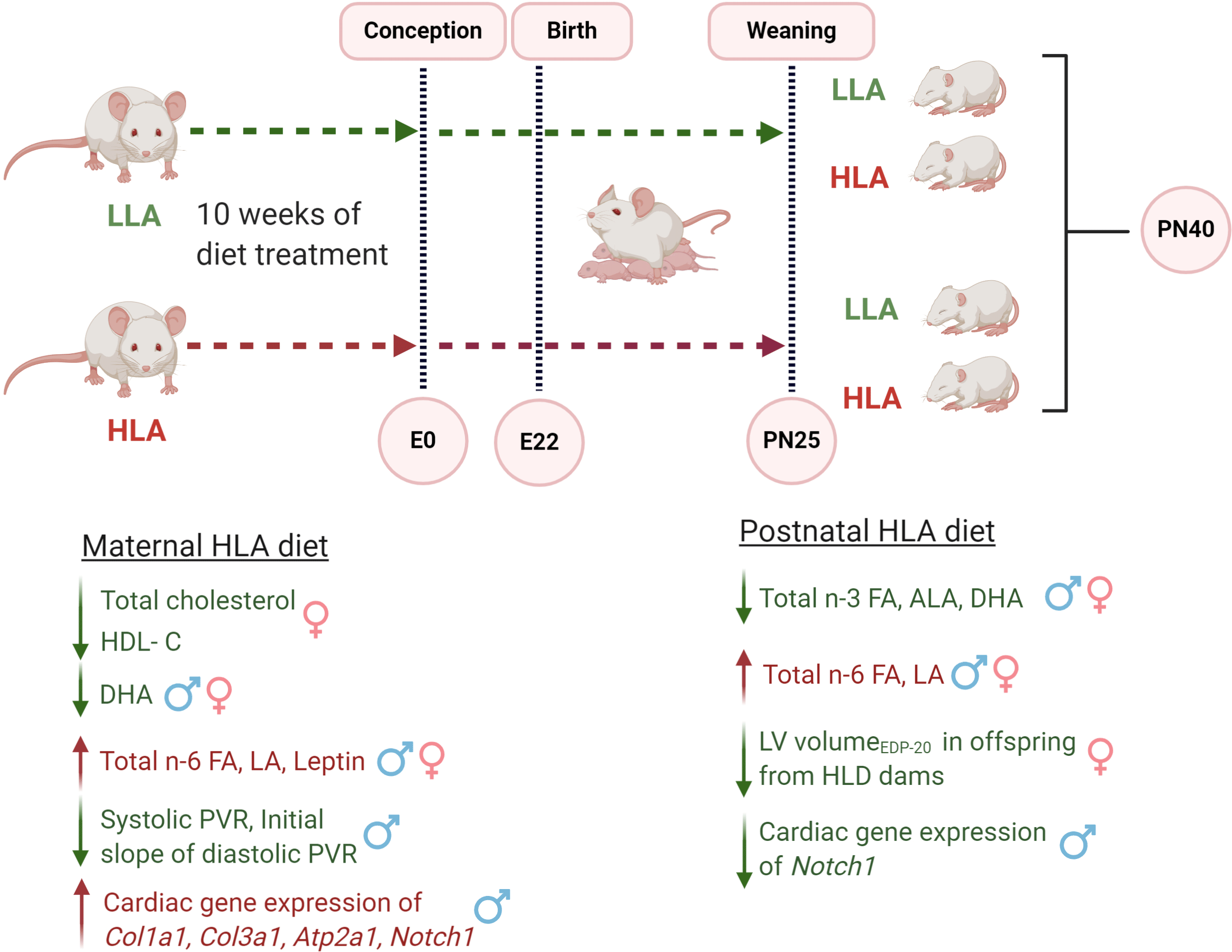Molecular Nutrition
Full Papers
Fructose malabsorption: causes, diagnosis and treatment
-
- Published online by Cambridge University Press:
- 05 April 2021, pp. 481-489
-
- Article
-
- You have access
- Open access
- HTML
- Export citation
Dietary selenium sources differentially regulate selenium concentration, mRNA and protein expression of representative selenoproteins in various tissues of yellow catfish Pelteobagrus fulvidraco
-
- Published online by Cambridge University Press:
- 04 June 2021, pp. 490-502
-
- Article
-
- You have access
- HTML
- Export citation
Polymorphisms in the stearoyl-CoA desaturase gene modify blood glucose response to dietary oils varying in MUFA content in adults with obesity
-
- Published online by Cambridge University Press:
- 08 April 2021, pp. 503-512
-
- Article
-
- You have access
- HTML
- Export citation
Consumption of indigestible saccharides and administration of Bifidobacterium pseudolongum reduce mucosal serotonin in murine colonic mucosa
-
- Published online by Cambridge University Press:
- 14 April 2021, pp. 513-525
-
- Article
-
- You have access
- HTML
- Export citation
Metabolism and Metabolic Studies
Full Papers
Protective effects of whey protein concentrate admixtured of curcumin on metabolic control, inflammation and oxidative stress in Wistar rats submitted to exhaustive exercise
-
- Published online by Cambridge University Press:
- 27 April 2021, pp. 526-539
-
- Article
-
- You have access
- HTML
- Export citation
Developmental Biology
Full Papers
Maternal diet high in linoleic acid alters offspring fatty acids and cardiovascular function in a rat model
-
- Published online by Cambridge University Press:
- 16 April 2021, pp. 540-553
-
- Article
-
- You have access
- HTML
- Export citation
Microbiology
Full Papers
Commentary on: prebiotic effects: metabolic and health benefits
-
- Published online by Cambridge University Press:
- 18 November 2021, pp. 554-555
-
- Article
-
- You have access
- HTML
- Export citation
Human and Clinical Nutrition
Full Papers
Adjunctive vitamin A and D for the glycaemic control in patients with concurrent type 2 diabetes and tuberculosis: a randomised controlled trial
-
- Published online by Cambridge University Press:
- 06 April 2021, pp. 556-562
-
- Article
-
- You have access
- HTML
- Export citation
Substitution of unprocessed and processed red meat with poultry or fish and total and cause-specific mortality
-
- Published online by Cambridge University Press:
- 08 April 2021, pp. 563-569
-
- Article
-
- You have access
- HTML
- Export citation
Iodine status of postpartum women and their infants aged 3, 6 and 12 months: Mother and Infant Nutrition Investigation (MINI)
-
- Published online by Cambridge University Press:
- 16 April 2021, pp. 570-579
-
- Article
-
- You have access
- HTML
- Export citation
The association between restricted intra-uterine growth and inadequate postnatal nutrition in very-low-birth-weight infants and their neurodevelopmental outcomes: a 50-month follow-up study
-
- Published online by Cambridge University Press:
- 19 April 2021, pp. 580-588
-
- Article
-
- You have access
- HTML
- Export citation
The relationship between urinary polyphenol metabolites and dietary polyphenol intakes in young adults
-
- Published online by Cambridge University Press:
- 26 April 2021, pp. 589-598
-
- Article
-
- You have access
- HTML
- Export citation
Dietary Surveys and Nutritional Epidemiology
Full Papers
A healthy Nordic diet score and risk of incident CHD among men: the Kuopio Ischaemic Heart Disease Risk Factor Study
-
- Published online by Cambridge University Press:
- 07 April 2021, pp. 599-606
-
- Article
-
- You have access
- HTML
- Export citation
Towards refining World Cancer Research Fund/American Institute for Cancer Research cancer prevention recommendations for red and processed meat intake: insights from Alberta’s Tomorrow Project cohort
-
- Published online by Cambridge University Press:
- 08 April 2021, pp. 607-618
-
- Article
-
- You have access
- Open access
- HTML
- Export citation
Prospective association between adherence to the 2017 French dietary guidelines and risk of death, CVD and cancer in the NutriNet-Santé cohort
-
- Published online by Cambridge University Press:
- 21 May 2021, pp. 619-629
-
- Article
-
- You have access
- HTML
- Export citation
Behaviour, Appetite and Obesity
Full Papers
The association between the metabolic syndrome and iron status in pre- and postmenopausal women: Korean National Health and Nutrition Examination Survey (KNHANES) in 2012
-
- Published online by Cambridge University Press:
- 26 April 2021, pp. 630-640
-
- Article
-
- You have access
- HTML
- Export citation
Front Cover (OFC, IFC) and matter
BJN volume 127 issue 4 Cover and Front matter
-
- Published online by Cambridge University Press:
- 29 July 2022, pp. f1-f2
-
- Article
-
- You have access
- Export citation
Back Cover (OBC, IBC) and matter
BJN volume 127 issue 4 Cover and Back matter
-
- Published online by Cambridge University Press:
- 29 July 2022, pp. b1-b2
-
- Article
-
- You have access
- Export citation




